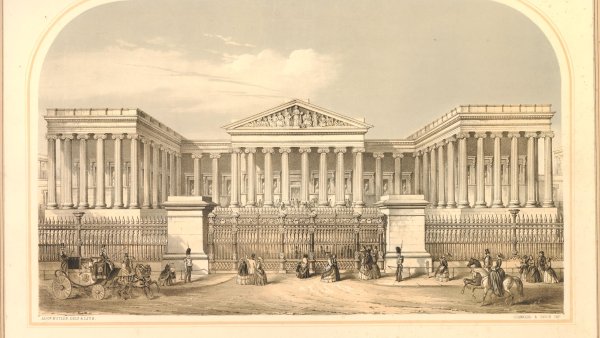Are there lights to guide us? Museums in a time of austerity
Throughout my career in museums, I have tried to develop research – based models for museum practice that will enable museums to better meet the needs of the communities of which they are part.
The need for such models has never been more acute. The economic and social changes of the past ten years, and the permeation of neo-liberal ideology into every aspect of public life, has divided societies across Europe and North America more than at any time since the end of World War II.
A related feature of the last decade has been the transfer of assets from the public and the private realm. In such an economic model, no austerity will ever be enough. For the great majority of museums, from Ireland to the Balkans, and from Poland to Spain, the story is one of precipitous cuts to public funding.
What should museums do, in a time of austerity? Sponsorship and income generation may help some museums, but not all – and the issues are more fundamental. The Brexit vote in the United Kingdom is just one symptom of a growing and corrosive distrust of politicians and liberal elites (including arts organisations) among the poorest and more excluded communities across the continent.
If museums are to survive as public institutions, they need to change, and this change must include questioning fundamental assumptions about our work, and rethinking the very nature of our relationship with society.




